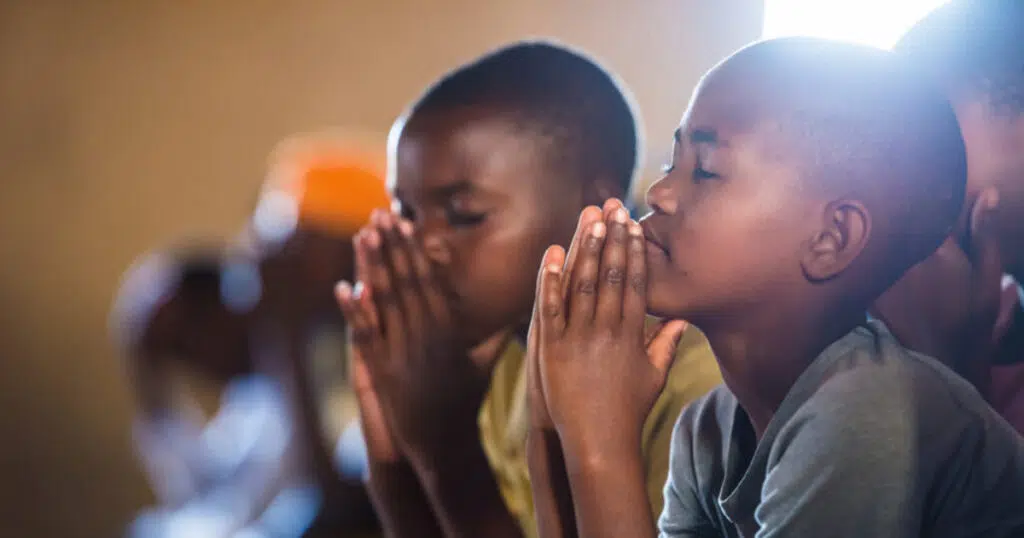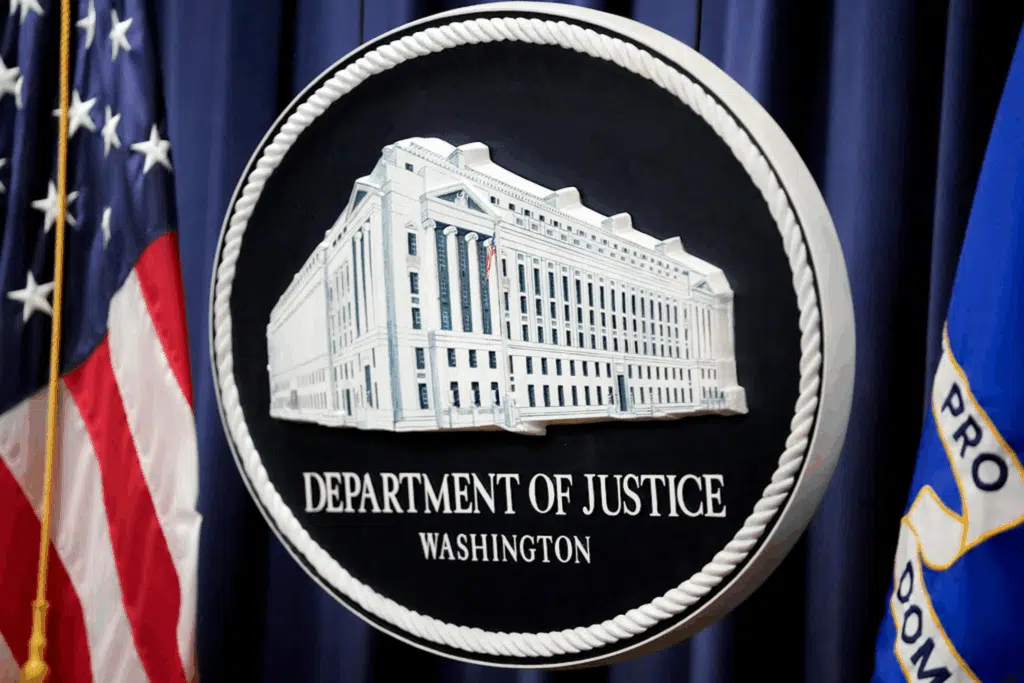
HUGE Win For School Choice, Religion At The Supreme Court
A 6-3 decision by the Supreme Court in the Carson v Makin case released this morning just changed the face of American education in a major way.
This is going to make a huge difference going forward.
The United States Supreme Court has ruled that Maine cannot prohibit parents from using a state tuition program to send their children to religious private schools.
In a decision released Tuesday in the case of David Carson et al. v. A. Pender Makin, the high court ruled 6-3 that a state tuition assistance program could not stop parents from using the funds for schools that have sectarian instruction.
Chief Justice John Roberts authored the majority opinion, writing that “we have repeatedly held that a State violates the Free Exercise Clause when it excludes religious observers from otherwise available public benefits.”
“As noted, a neutral benefit program in which public funds flow to religious organizations
through the independent choices of private benefit recipients does not offend the Establishment Clause,” Roberts wrote.“Maine’s ‘nonsectarian’ requirement for its otherwise generally available tuition assistance payments violates the Free Exercise Clause of the First Amendment. Regardless of how the benefit and restriction are described, the program operates to identify and exclude otherwise eligible schools on the basis of their religious exercise.”
The Supreme Court decision reverses an appeals court ruling and remands the case for further proceedings consistent with the opinion release on Tuesday.
Joining Roberts for the majority were Justices Clarence Thomas, Samuel Alito, Neil Gorsuch, Brett Kavanaugh, and Amy Coney Barrett.
How big a deal is this? From a press release put out by the American Federation for Children, a school choice group…
AFC Celebrates Supreme Court’s Affirmation of Parents’ Education Rights
On Tuesday, 20 years after 2002’s pivotal Zelman decision, the United States Supreme Court handed down a pivotal ruling for families across the United States. In the Carson v. Makin case, the Court has further clarified its ruling in Espinoza, which had established that states may not exclude school options based on their religious status.
In Carson, families sued when their options were limited based on religious use. In other words, lower courts had ruled that participating schools could be religious in name only – and families could not have the option if they did religious things.
Now, the Court has ruled 6-3 that this barrier is unconstitutional. The ruling says, “A neutral benefit program in which public funds flow to religious organizations through the independent choices of private benefit recipients does not offend the Establishment Clause.”
Statement from Tommy Schultz, CEO of the American Federation for Children:
“This is a thunderclap for education freedom. Parents across America can celebrate today as the Court has affirmed their fundamental right to choose an education that works for their family. With today’s ruling, the rights of American students have been resoundingly confirmed. Now, legislators in every state must take action to provide as many options as possible to families in their state. AFC stands ready to support this goal.”
Now that the legal ground is prepared, red states need to immediately redirect education funds according to a money-follows-the-child model and infuse life into a private education market. Churches and religious organizations are well poised to dominate that market and bring back religious and moral instruction to the education of children.
This morning at Fox News, David Marcus had a very interesting column noting that while surveys said fewer Americans believe in God than ever, the number was still quite strong.
It was Voltaire who said that if God did not exist it would be necessary to invent him. Well, according to a new Gallup poll, that need may arise sooner rather than later. Belief in God among Americans has fallen to its lowest level ever. It is still a robust 81 percent, but the number has fallen six points since just 2017. So is a more atheist nation inevitable? American history suggests not.
Our nation’s past is marked with Great Awakenings, or religious revivals, the first in the mid 18th century, the latest lasting roughly from 1960-1980. While we tend to think of large church gatherings and powerful leaders when looking at the history of these periods, what they did more than anything else was put a spotlight on religion and God in the public square.
By the mid 1980s America had spent decades removing religious symbolism and imagery from public life. This came in a state form with bans on prayer in school, or the Ten Commandments in the courtroom; it also came in corporate form as brands veered away from explicit religious ideas in their ads. They became all Easter Bunny, no Jesus.
So maybe it is no surprise that the youngest Americans, those born after 1990, have the lowest belief rate at 68 percent and also suffered the most severe recent drop of 10 percent. Even a person just 10 years older was exposed to much more public religion as a child, nativity scenes outside of state houses and invocations before sports tournaments were the norm, not the exception.
Marcus’ diagnosis is correct, but the Carson ruling now creates space for states to address the issue. And that makes this a very positive, promising turn of events.



